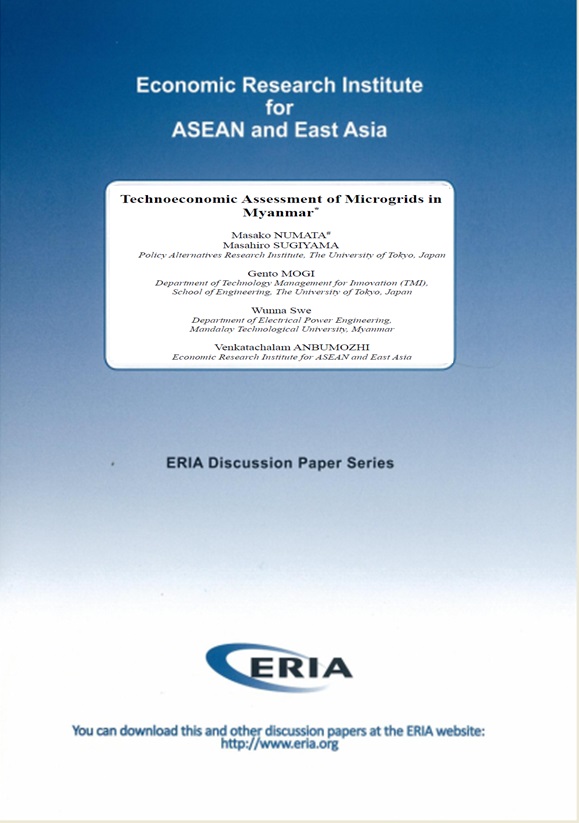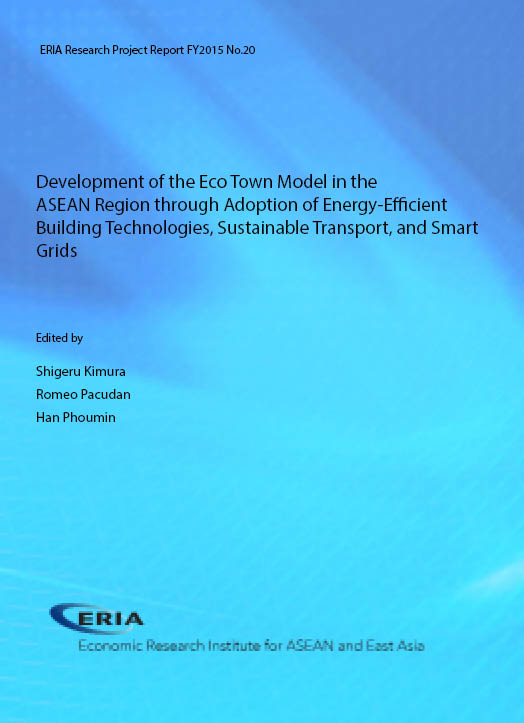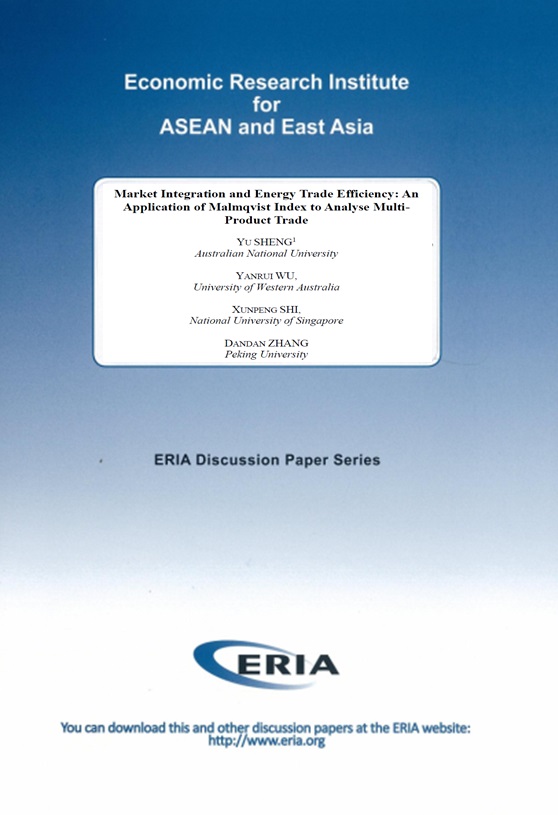Technoeconomic Assessment of Microgrids in Myanmar

Print Article:
The electrification rate of Myanmar is the second-lowest in Asia, so its improvement is an urgent matter. Sustainable Development Goal 7 recognises the importance of energy access and calls for finding a way to realise the Government of Myanmar’s goal to reach 100% electrification by 2030. To achieve this ambitious target, both centralised (main-grid extension) and decentralised approaches should be considered. In this study, we focused on distributed microgrids amongst electrification options. In Myanmar, as in other developing countries of the Association of Southeast Asian Nations (ASEAN), diesel generators are widely used as power sources of microgrids. Considering the global trend of renewable energy, especially opportunities available for solar photovoltaics (PVs), power sources should be selected carefully. When discussing possible power sources, cost-competitiveness is an important aspect. Therefore, we researched the question: How cost-competitive are microgrids powered by solar PVs compared to conventional diesel power source? We used the primary data collected through interviews and field surveys and calculated the levelised cost of electricity (LCOE) of microgrids. Our results show that solar PVs and batteries are cost-competitive compared with diesel in off-grid areas where diesel fuel prices are much higher than in urban areas. However, to improve efficiency, daytime use of electricity (e.g. productive use) needs to be promoted.




